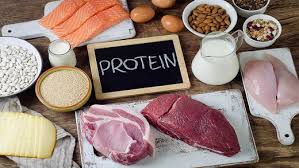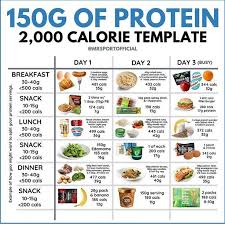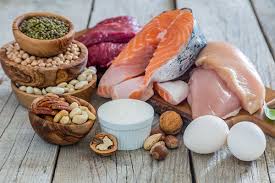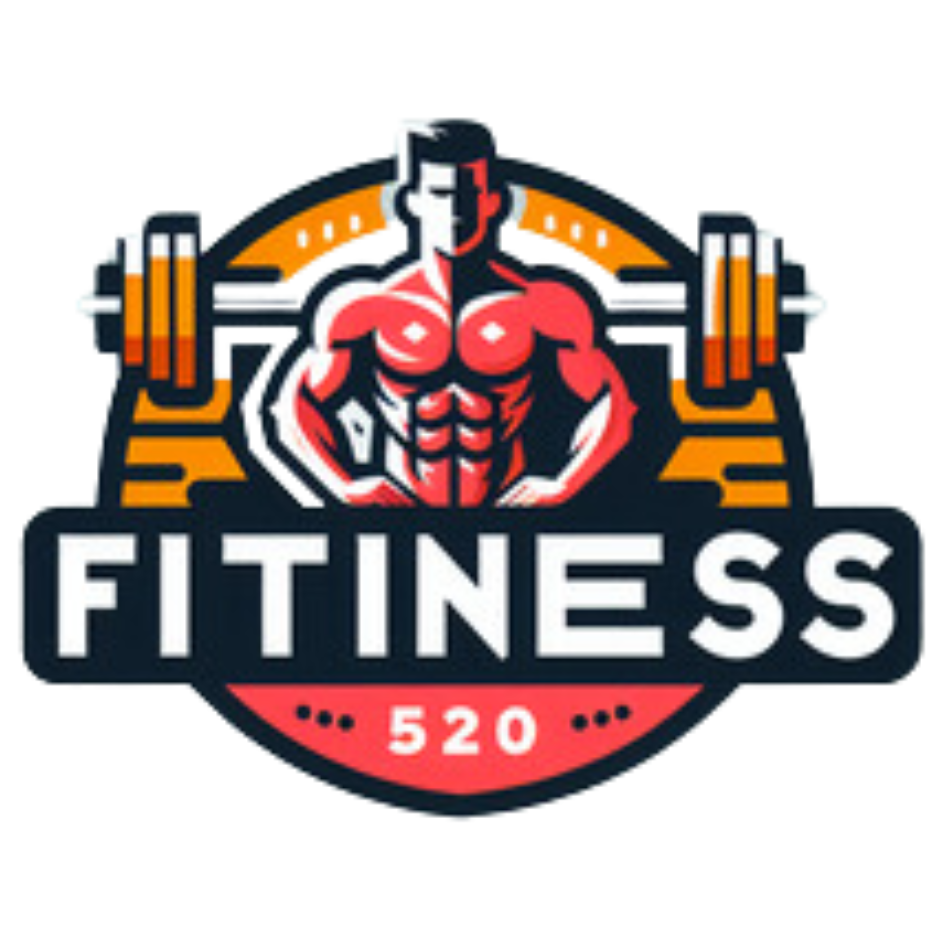Athletes aiming to build muscle and enhance performance understand the crucial role that diet plays in achieving their goals. A high-protein diet is particularly effective for muscle building, as protein supports muscle repair, growth, and overall strength. This comprehensive guide will explore high-protein diet plans tailored for athletes, highlighting essential protein sources, meal ideas, and tips to maximize your muscle-building efforts.
1. The Role of Protein in Muscle Building

Protein is a fundamental nutrient for muscle growth and repair. For athletes, consuming adequate protein helps to:
- Promote Muscle Synthesis: Protein provides the amino acids necessary for muscle repair and growth after intense workouts.
- Improve Recovery: Protein helps reduce muscle soreness and recovery time, allowing athletes to train more effectively.
- Enhance Strength: Consistent protein intake supports overall muscle strength, contributing to improved athletic performance.
2. Understanding Protein Requirements
The protein needs of athletes can vary based on factors such as body weight, training intensity, and overall fitness goals. Generally, athletes should aim for:
- Protein Intake: About 1.2 to 2.0 grams of protein per kilogram of body weight per day. Endurance athletes may be on the lower end, while strength athletes may need more.
- Timing: Distributing protein intake throughout the day, including before and after workouts, can maximize muscle protein synthesis.
3. Top Protein Sources for Athletes
To meet your protein needs, focus on incorporating a variety of high-quality protein sources into your diet:
A. Animal-Based Proteins
- Chicken Breast: Lean and versatile, chicken breast is a great source of high-quality protein.
- Turkey: Similar to chicken, turkey is low in fat and rich in protein.
- Lean Beef: Provides protein along with essential nutrients like iron and vitamin B12.
- Fish: Salmon, tuna, and other fish are excellent sources of protein and healthy fats.
- Eggs: Packed with protein and essential amino acids, eggs are a versatile addition to any meal.
B. Dairy Products
- Greek Yogurt: High in protein and probiotics, Greek yogurt supports muscle repair and digestive health.
- Cottage Cheese: A low-fat, high-protein dairy option that can be used in various dishes.
- Milk: Provides protein, calcium, and other essential nutrients beneficial for overall health.
C. Plant-Based Proteins
- Legumes: Beans, lentils, and chickpeas are excellent sources of protein and fiber.
- Quinoa: A complete protein that contains all nine essential amino acids.
- Tofu and Tempeh: Soy-based proteins that are versatile and nutrient-dense.
- Nuts and Seeds: Almonds, chia seeds, and hemp seeds offer protein and healthy fats.
4. Sample High-Protein Meal Plans

Creating a high-protein meal plan ensures you’re meeting your protein needs throughout the day. Here’s a sample meal plan for a day:
Breakfast
- Protein Smoothie: Blend 1 scoop of protein powder, 1 cup of Greek yogurt, 1 banana, and a handful of spinach.
- Scrambled Eggs: 3 scrambled eggs with a side of avocado and whole-grain toast.
Lunch
- Grilled Chicken Salad: Mixed greens topped with grilled chicken breast, chickpeas, cherry tomatoes, and a light vinaigrette.
- Quinoa Bowl: Quinoa with black beans, corn, diced peppers, and a squeeze of lime.
Snack
- Cottage Cheese: 1 cup of cottage cheese with a handful of berries.
- Protein Bar: Choose a bar with at least 15 grams of protein and low added sugars.
Dinner
- Baked Salmon: Serve with roasted sweet potatoes and steamed broccoli.
- Stir-Fried Tofu: Tofu stir-fried with mixed vegetables and a side of brown rice.
5. Protein Supplements for Athletes
While whole foods should be the primary source of protein, supplements can help fill gaps in your diet:
- Whey Protein: A fast-digesting protein ideal for post-workout recovery.
- Casein Protein: Slow-digesting, suitable for nighttime use to support muscle repair while you sleep.
- Plant-Based Proteins: Pea, hemp, and rice protein powders are good options for those with dietary restrictions.
6. Tips for Maximizing Protein Intake
- Track Your Intake: Use a food diary or app to monitor your protein consumption and ensure you’re meeting your goals.
- Combine Proteins: Mixing different protein sources can provide a more complete amino acid profile.
- Stay Hydrated: Adequate water intake is essential for digestion and muscle function.
7. Common Mistakes to Avoid
While adhering to a high-protein diet, avoid these common mistakes:
- Overemphasis on Protein: Balance your diet with carbohydrates and fats to ensure overall nutritional needs are met.
- Neglecting Whole Foods: Relying too heavily on supplements instead of whole foods can lead to nutrient imbalances.
- Ignoring Timing: Focusing only on overall protein intake without considering timing can impact muscle recovery and growth.
8. The Future of High-Protein Diets

As dietary science continues to advance, future trends in high-protein diets may include:
- Personalized Nutrition: Tailoring protein intake based on individual genetics and metabolism.
- Novel Protein Sources: Exploring new plant-based and alternative protein sources to meet dietary needs sustainably.
- Advanced Supplements: Innovations in protein supplements with improved bioavailability and effectiveness.
Conclusion
A high-protein diet is essential for athletes looking to build muscle, improve performance, and support overall health. By incorporating diverse protein sources, planning balanced meals, and utilizing supplements strategically, you can optimize your muscle-building efforts. Stay informed about the latest trends and research to continually enhance your diet and training regimen. With the right approach, you’ll be well on your way to achieving your athletic goals in 2024 and beyond.



